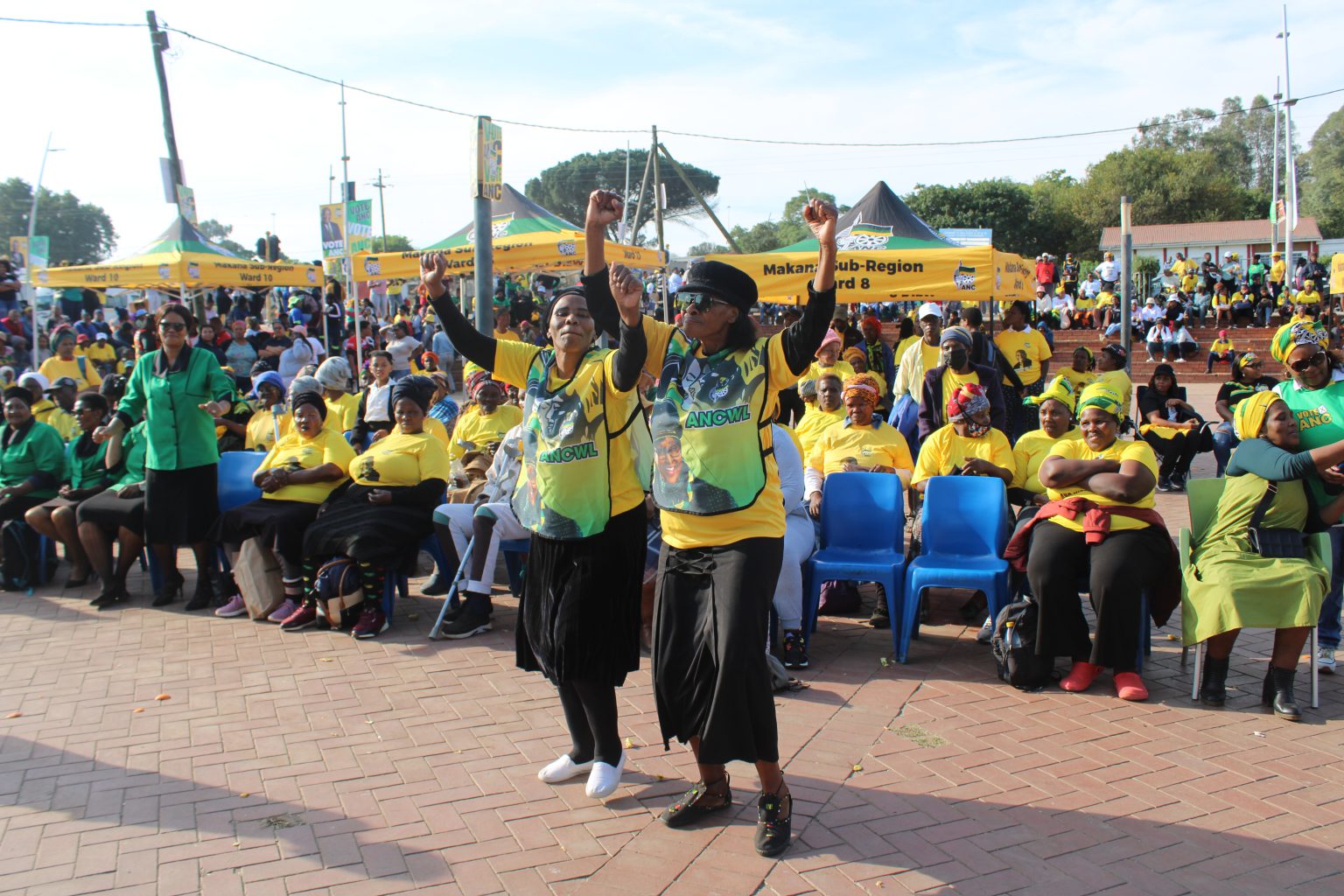By Farirai Dangwa and Migcobo Majali
As we countdown the days to the 2024 elections, the question is not only whether the people are ready but whether the state is ready. Different municipalities must be ready to make this important voting process as seamless as possible to administer the nationwide election effectively.
Seeing as this is potentially the most important vote since the first democratic election in 1994, everything dealing with the process needs to be thorough. Institutions need to be ready for anything to allow everyone registered to vote to be able to cast their ballot. The different institutions involved in the election procedures include the Independent Electoral Commission (IEC), the local municipality, the police, and more. A long line of thoughts and actions go into election day.
IEC official Sanda Nodada stated that no matter how big or small a municipality is, the electoral process will be conducted in the same way nationwide. No matter where the voting station is, the IEC will treat all its voters with the same procedures. Since the previous local elections, they have increased the number of voting stations within the Eastern Cape and have 4,775 permanent voting stations ready for the approaching election. Nodada states that the only thing that could go wrong on election day is bad weather.
One issue that could potentially pose a threat to election day is civil unrest, but the Makhanda police have measures to deal with problems if they arise. The provincial commissioner of SAPS has ensured that safety measures are in place to ensure that people who are going to vote do so in a calm and stable environment. SAPS is dedicated to providing a crime-free environment and is ready to keep the election space stable. Even though Warrant Officer Majola Nkohli could not divulge any specifics on the security procedures of the elections, he states that members of SAPS are already preparing for their deployments to various locations in the Eastern Cape.
The readiness of the state, alongside the dedication of the IEC and SAPS, offers a beacon of assurance. With every insurance taken, the foundation is set for a stable, inclusive, and democratic election process, ensuring every registered voter can confidently cast their ballot in this pivotal moment in the nation’s history.
Meanwhile, with more than 40 000 registered voters, it remains to be seen how many Makana residents will turn up to cast their vote on 29 May. With just one week before the general election, waves of uncertainty still loom over South Africans and their voting choices.
This week, Grocott’s Mail conducted a snap survey in Makhanda, asking the local residents whether they were ready to vote.
Savuyiswa Lungile, a Rhodes student and Makhanda resident, said, “I am not ready to vote
and I think that’s because I am not necessarily sure which party to vote for because all the
manifestos are good but my question is, ‘Will the execution be there?’.”
Lungile added, “I feel like with the state of the economy, most or all parties need to answer, but
they have not answered. So at this point with where we are at, I’m not entirely sure which
party to vote for, but I’m still gonna look for information and vote for a party that I think is
most suitable.”
Chavandre Abrahams, a Makhanda resident, said, “As time goes by, I will make myself ready,
but I know the party that I want to vote for. I do not have my ID document. I lost it and I am still without one.”
A young Makhanda resident who asked not to be named, said: “I am not ready to vote because they promised a lot and they don’t fulfil their promises.”
Chadrin Felix, another local resident, said he would continue to vote for his favourite party, indicating an unwavering commitment to the party.
A resident who originates from Gqeberha, said: “I am not ready to vote and I don’t feel
like voting because I feel like my rights were violated. We were promised houses, proper
jobs, safe neighbourhoods but none of that is happening.”
She added, “Even now if you apply for a job in government, if you are over 35, you won’t
get the job, but you [are]still a South African citizen. So I don’t see myself voting because I
don’t feel safe even when I’m sleeping I don’t feel safe and there are a lot of things that were
promised that are still not happening.”
The diverse perspectives of Makhanda residents reflect a common thread of uncertainty,
dissatisfaction and frustration with the current political landscape that not only affects
Makhanda, but the entirety of South Africa. Many grapple with whether their vote will lead to visible changes while others have opted out of participation entirely. As 29 May
quickly approaches, the cloud of uncertainty still lingers in voters’ minds, or so it seems.


